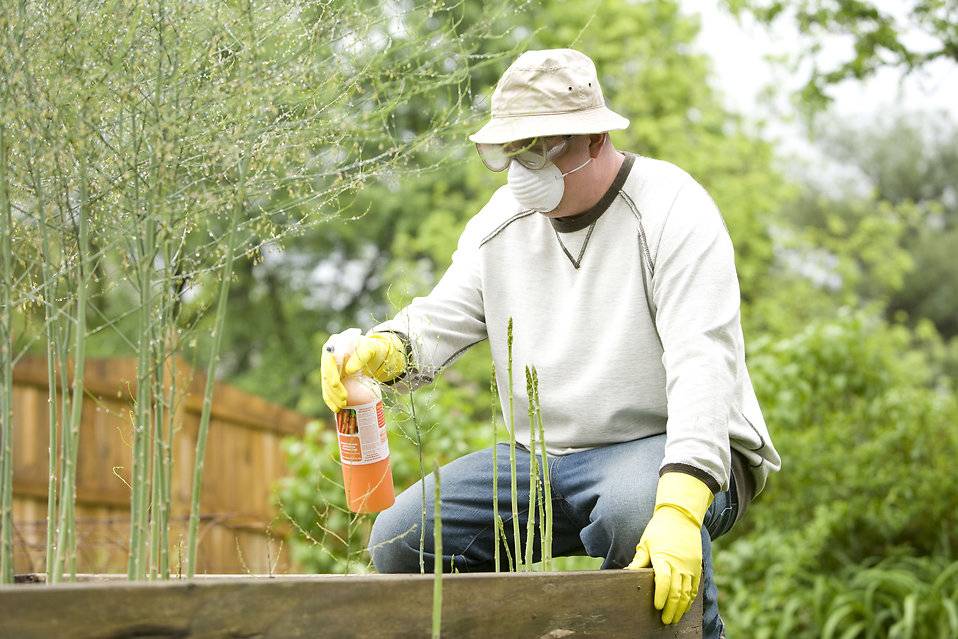An environmental crisis that affects agriculturalists ranging from international farm conglomerates to home gardeners is underway: the depletion of bee populations. Bee populations around the globe are suffering due to overuse of pesticides, especially during the growing seasons. Populations suffer because many pesticides harm bees, and thus cause constant stress upon bee colonies, which leads to a disaster known as “colony collapse disorder”. This occurrence means that entire bee colonies will dissolve—up to 90% of colonies—lowering rates of pollination and causing harm to the ecosystem as a whole, due to bee’s role at the center of many ecosystems across the globe.
The problem of pesticides and colony collapse disorder are being addressed by the European Union, in a pending move to eliminate the source of the problem. The EU has promised to ban three of the offending pesticides known as neonicotinoids, as these are widely agreed to have a detrimental effect upon bees.
France has been hit particularly hard by the mysterious “colony collapse disorder” and as such, is striving to do more. According to Henri Clément, the spokesman of UNAF, the National Union of French beekeeping, “we have huge mortality rates among our bee colonies: we have gone from 5% of colony deaths per year, to more than 30% annually. How could any other agricultural sector possibly accept the loss of 30% of its livestock annually?”
France has voted to implement a blanket ban, which supersedes the earlier EU ruling to ban neonicotinoids, starting December 19.
France has motioned to ban all five pesticides researchers believe to have harmful effects on bees. This is a problem for beet and cereal farmers, who are loath to part with such an effective defense against pests. Neonicotinoids are chemically related to nicotine and attack the nervous systems of insects. Studies show that bees can develop addictions to the neonicotinoids, which in turn decrease their sperm counts, reduce their homing skills, and addle them. These deleterious effects upon bees are not enough to fully convince the French farming community, however, who claim that a blanket ban would harm them and the French agricultural sector by leaving it weak to new pests. Yet a report by France’s National Agency for Food Safety, Environment and Labor (ANSES) said in May that there were alternatives to the majority of neonicotinoids used in France, rendering the ban equitable. Hopefully this ban, implemented fully in 2020 will protect both France’s dwindling bee populations as well as its agricultural sector.
Photo credits: CDC/ Dawn Arlotta acquired from Public Health Image Library
Photo caption: A man spraying a pesticide on some plants in his garden









































